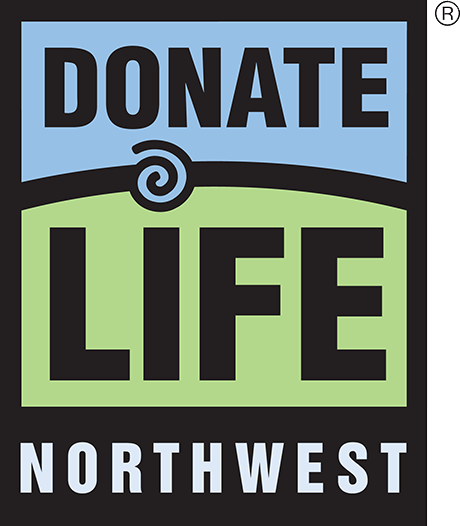Lesson Five: Organ Donation (9.5)
Organ donation is the process in which a healthy organ from one person is transplanted into another person. Some organs can be donated while a person is alive (living donation) while others can only be donated after a person has passed away (deceased donation).
can be donated while a person is alive (living donation) while others can only be donated after a person has passed away (deceased donation).
What Organs Can be Donated:
- Internal organs such as the kidneys, heart, liver, pancreas, intestines, and lungs
- Skin
- Bone and bone marrow
- Cornea
Who is Eligible?
Anyone 15 years of age and older can register as an organ, eye and tissue donor at DMV. You can be a donor regardless of your health or physical condition, so do not rule yourself out. It is extremely important you let your family know of your wish to be a donor.
One donor can save up to eight lives!
To sign up on the Donor Registry:
- When applying for your license, permit, or identification card, indicate you would like to be a donor. A “D” will be added to the card.
- Visit online at donatelifenw.org or scan the QR code

 Your Decision to Donate
Your Decision to Donate
By signing up on the Donor Registry, you are confirming your commitment to be a donor and making sure your decision is known by the organ, eye, and tissue recovery agencies.
Essential Question
-
What is organ donation and what are your options?